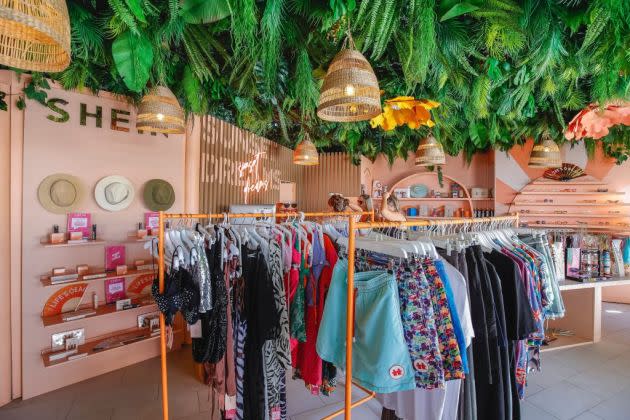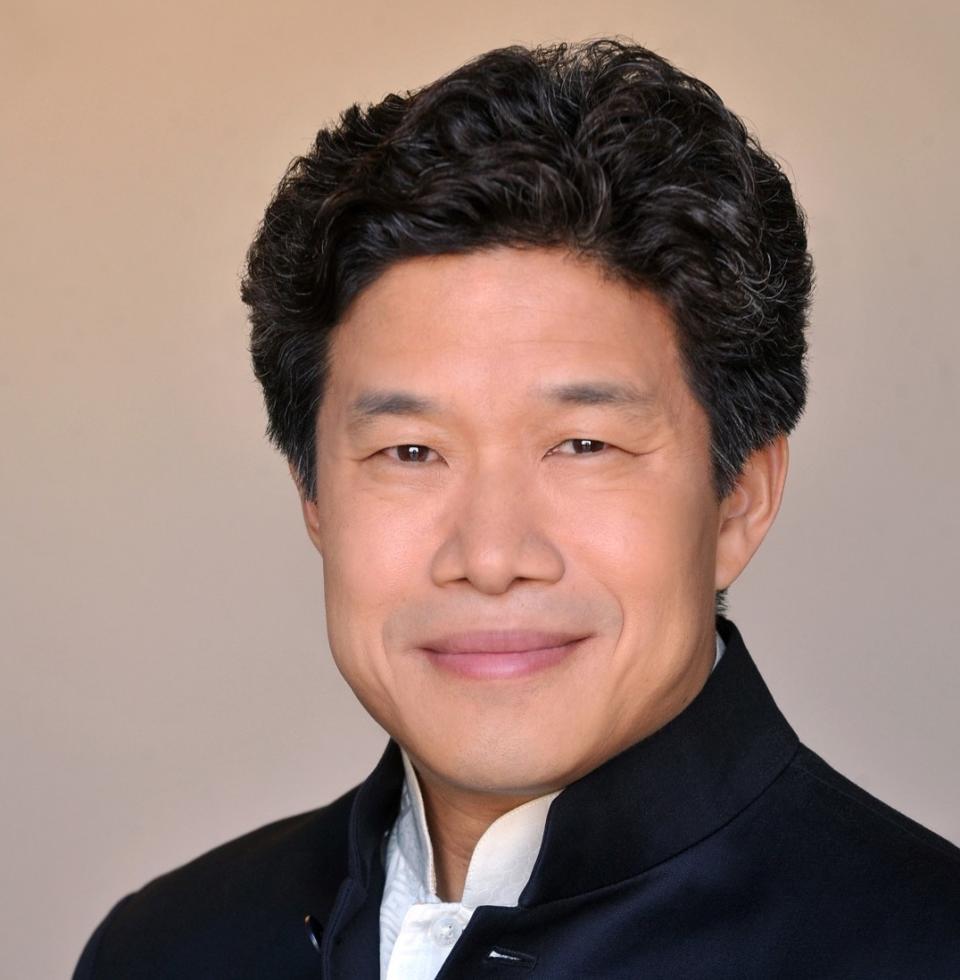Inside Shein’s Public Relations Campaign to Rehab Its Image and Become a Publicly Traded Company

Shein, the mega online retailer trying to rehab its image since it’s been in the crosshairs of U.S. legislators and retail competitors, has some surprising news: it wants U.S. regulations changed so it pays more tariffs.
That was the message relayed by Donald Tang, executive chairman of the fashion juggernaut founded in China and now headquartered in Singapore. Ever since the former investment banker’s arrival at the company two years ago, there has been a major push to shine a better light on the company criticized for skirting U.S. tariffs, employing forced laborers in China, illegally using Xinjiang cotton in its products, and copying other people’s designs. These are all accusations the company denies.
More from WWD
Quiet Luxury Brand Toteme Arrives in L.A. With Swedish Serene Meets Art Moderne Flagship
Medical Apparel Brand Figs to Outfit Staff at Paris, Los Angeles Olympics
With a possible initial public offering in the works, either in the U.S. or England, Tang is spreading the word that Shein, with 150 million online customers in 150 countries, wants to comply with all U.S. and international laws and become a more transparent company. Being a publicly traded company, he said, is the way to foster that.
On Thursday, Tang, who came to the U.S. as a teenager from Shanghai, was the keynote speaker at a World Trade Week event in Long Beach, Calif., just south of Los Angeles. In a sit-down interview with WWD, Tang, who works in downtown L.A. in an office with more than 200 employees, talked about a wide range of issues. He started with one of the biggest criticisms against the company valued at $66 billion: it doesn’t pay tariffs on most of the items it ships to the U.S..

Shein takes advantage of a U.S. rule voiding tariffs on any shipments valued at less than $800. Until 2016, only shipments valued less than $200 were exempt from tariffs.
U.S. lawmakers claim this regulation gives Shein, and other foreign manufacturers, an unfair advantage over U.S. retailers whose overseas shipments are subject to tariffs that can add between 8.5 percent to 67.2 percent to a garment’s price.
But Tang said Shein wants to see the U.S. rule, known as de minimus, changed to a lower valuation. “We are for a complete makeover of the regulation,” Tang said. “We believe reformation of the law is needed. …We are saying, ‘Whatever the outcome, we’re embracing it.’” However, Shein would like tariffs applied to the wholesale value of a product and not the retail value.
If asking to pay more tariffs seems counterintuitive to running a business, Tang explains the company has a better future by complying with all laws and regulations that govern businesses. “What better way to be transparent than becoming a public company,” he observed. “You’re in a large public fish tank. Everybody is watching you.”
Becoming a publicly traded company would help the company grow from capital raised during a stock offering. The idea has been in the works since last year when Shein supposedly filed papers to be traded on the New York Stock Exchange, but there have been hurdles. Lawmakers have been calling on the U.S. Securities and Exchange Commission to do a deep dive into the online retailer’s operations.
Now there is talk that Shein may skip New York and head to London to be traded on the London Stock Exchange. “All options are on the table,” Tang said.
The online retailer, known for its bargain-basement prices of $7 blouses and $13 dresses, has been working over the last year to recast its image as a respectable venture that is distancing itself from China. Recently, the company applied for a membership with the National Retailers Association, the top retail lobbying group in the U.S. Last year, Shein struck a deal to acquire one-third of the SPARC Group, which includes Authentic Brands Group and Simon Property Group, the largest shopping mall owner in the U.S. SPARC owns the Forever 21 brand.
That deal led to an agreement last October with Authentic Brands for Shein to design, manufacture and distribute a line of Forever 21 apparel and accessories that includes sportswear, activewear and swimwear, among other categories. The collection will have a co-branded label and be sold on Shein’s sites in the U.S. as well as Europe and Australia. Shein has been operating pop-up stores in several Forever 21 locations.
Along with this mainstream move, Shein is deflecting accusations its contracted factories in China use cotton grown in the country’s Xinjiang province, where cultivation and harvesting is allegedly done by forced Uyghur labor. Last year, the U.S. passed a law allowing border authorities to seize goods linked to any forced labor in China.
Tang said the e-commerce giant doesn’t source any of its raw materials from China. It buys its cotton from Pakistan, India, Brazil, Australia and the U.S. “The problem is that the global supply chain has been contaminated with cotton from unapproved regions,” he said, adding that Shein has been testing its cotton through Oritain since 2022.
In addition, Shein is working with Turkey to supply all the cotton-based products sold to the European Union to clear up any questions about forced labor and Xinjiang cotton. It is also negotiating to increase cotton purchases from U.S. farmers. Shein is also looking at Mexico as a manufacturing hub, which could use the Mexico-U.S. free-trade agreement to send goods duty free into the U.S.
Manufacturing in Mexico would help detour claims about forced labor and illegal cotton. “The United States,” Tang said, “is our most important market.”
Best of WWD

 Yahoo Finance
Yahoo Finance 